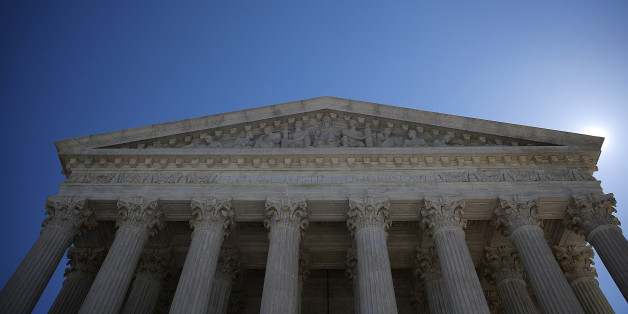Supreme Court Scare for California Unions
Public employee unions are one the most powerful special interest groups in the state of California as well as the United States. That almost came to a screeching halt when they were met by a dissident group of school teachers and came within a "heartbeat" of losing that power.
The union is feeling like they dodged a bullet when Justice Antonin Scalia was unable to cast his vote which would of created a 5-4 majority in favour of the teachers' First Amendment argument in Friedrichs v. California Teachers assn. With the 4-4 split of the remaining justices the court of appeals' pro union decision was left standing. The issue before the supreme court was whether compulsory funding mechanism common to all unions-those representing teachers, police, firefighters, lawyers and more, both at state and local levels are unconstitutional. Teachers state that when they pay their dues to their union they are compelled to back their workers political stance, in violation of the First Amendment's free speech clause. What the teachers wished was for the court to overturn a 1977 precedent and rule that all activities of government unions- even negotiations over salaries and benefits raise some controversial political issues, the First Amendment requires that all payments be optional. This is what makes this case is so important for public employee Unions, but this has not saved the Unions because now the public opinion is beginning to turn against them with more knowledge information being surfaced of shady business being done by union backed government officials. Now more than ever the Unions need to try and win back the public support through persuasion of free and open debate because they cannot survive continuing to conduct themselves the way that they have been in the past.

http://www.huffingtonpost.com/peter-scheer/after-near-death-in-sup-c_b_9577684.html



